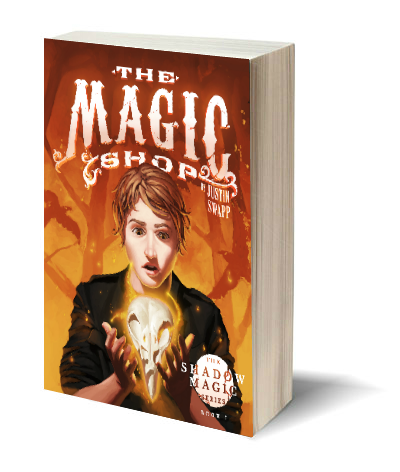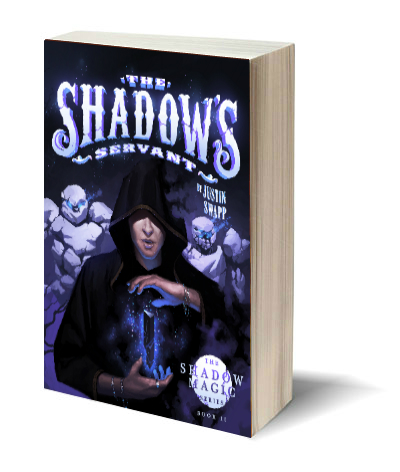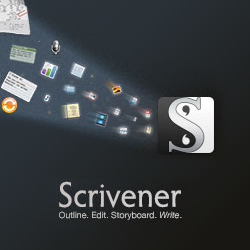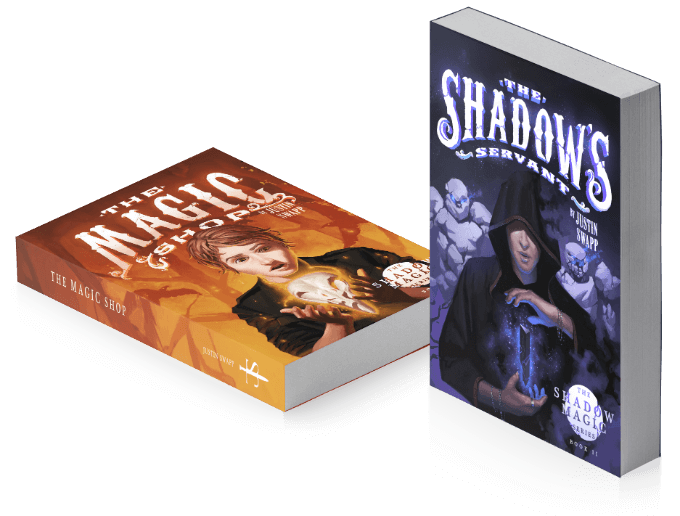How to Write a Novel
So, you want to write a novel, huh? That’s a noble desire. But as Stephen King put it in his novel, On Writing, “you must not come lightly to the blank page.” Have you thought through what writing a novel really means—what it requires—not only of you, but of those around you? I won’t patronize. I just want to make sure you’ve considered this. If you can set aside the time to focus, and commit to the work, you can do this. It’s like deciding to have a baby. You’re considering bringing a living, breathing thing into this world. If you haven’t thought this through, go take a walk and mull it over.
Writing is Organized Thinking
The first step in writing is to organize yourself, and your thinking. Ideally, you create a space for your thinking, and a flow or a process for how you will create, log, find and manipulate your writing. Writing a novel is a long, arduous process, and the better organized you are on every level only helps you keep your sanity, and optimize your productivity, which can be the difference between you finishing what you started or not.
Your Writing System
How will you write, and where will you put your writing? That might sound like a silly question, but it’s really not. Will you be writing with pen and paper, or only digitally, or both? Writing on the go or from one place all the time at a set time? There’s no right or wrong answer. Either way, you’ve got to organize how you will write, and where you will store your work.
Writing Offline
Perhaps you feel like being online will distract you, so you don’t gravitate to electronics to help you write. Or, maybe you just like the novelty of pen and paper. Either way, there are plenty of folks who enjoy writing this way. If you want to write the old school way, here are some tools that will help:
- Pens, pencils, markers, or anything else that bleeds your writing.
- Have fun with it. If you’re going old school, use color, and glitter or whatever might make this medium click for you
- A portable writing journal, legal pad, binder etc
- There are moleskin journals and all other kinds. Pick one that has an ambiance or that thematically inspires you. Might as well!
- Corkboard/Bulletin board with push pins
- There are a ton of ways to leverage these boards to organize what will be your scenes or characters or chapters. Being able to zoom out and see and manipulate your story from the 20k ft level can be powerful.
- Colored or white 3×5 note cards
- These can become little units of writing, as I mentioned above. Character or setting cards, or scenes, or whatever you want.
- Colored Sticky / post-it notes
- You can use these for little side notes, or reminders, or whatever else you’d like.
Writing Online
There are many reasons why writing “online,” or leveraging technology and the cloud (read: online) is a preferred way to go. Chiefly, it’s about productivity and access. Most of us probably have a smartphone, a computer, or some other device that unlocked a myriad of tools and systems that improve our productivity
First, you need to consider how many devices you will be writing on. If it’s just a computer, and one computer at that, then your approach could be fairly simple. You would just need writing software and a place on that computer to save your files.
Today, though, it’s likely that you will have many devices. A phone, a work computer, a home computer, and perhaps a tablet, among other devices. It might be wise to consider how you will be writing across all those devices, and how you can share your writing across them so that you aren’t sending files back and forth and creating extra work for yourself to organize.
Enter the online storage “lockers.”
Writing in “The Cloud”
There are many services, often free, that let you create and store your files online. You may have heard of Google Drive, Microsoft OneDrive, Dropbox, or even Box. These systems started out as online storage, and have evolved into document and writing software platforms, too.
There are a ton of other platforms and writing software that either use these services in the background or store your writing on their own servers. Platforms like Microsoft Word, Evernote, Scrivener, iA Writer, the Hemingway app, Grammarly, Ulysses app, and many others that allow for writing this way.
However you choose to approach your writing, you’ll save time if you think this through up front, and make a decision to approach your writing in a way that best suits your lifestyle, and schedule.
In future posts we’ll start getting into the actual writing, for now, this should give you a lot to research and think about.












